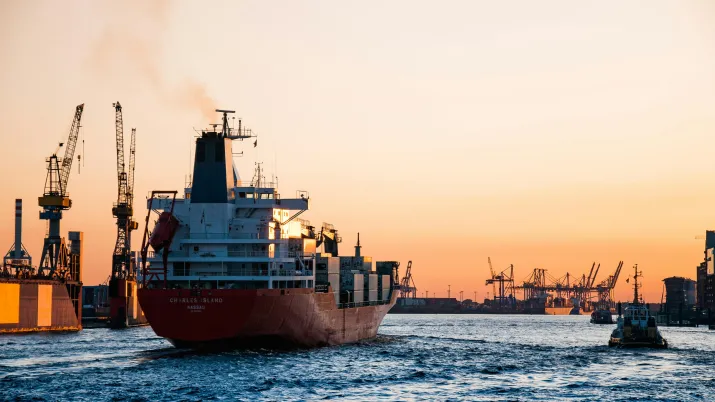Share the page
SEACOP VI - Seaport Cooperation Project
Project
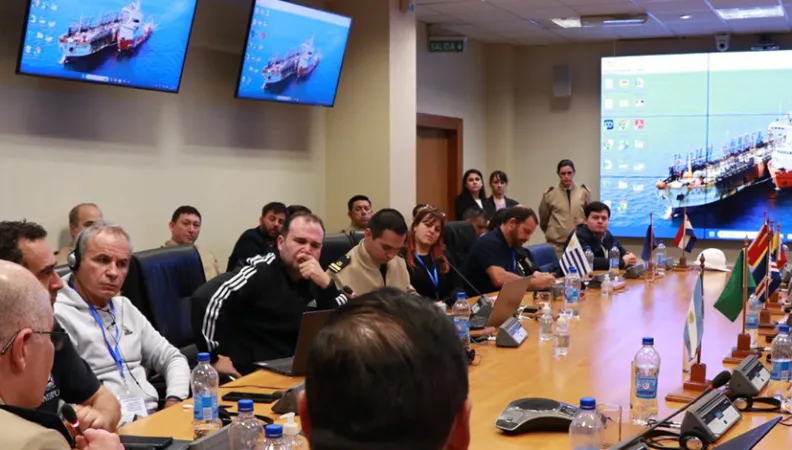
-
Project start date
-
Status
Ongoing
-
Project end date
-
-
Financing amount (Euro)
-
6 M€
-
Country and region
-
Antigua and Barbuda, Argentina, Barbados, Benin, Brazil, Cape Verde, Colombia, Costa Rica, Ivory Coast, Dominica, Ecuador, Gambia, Ghana, Grenada, Guyana, Jamaica, Panama, Paraguay, Peru, Dominican Republic, Saint Kitts and Nevis, Saint Vincent and the Grenadines, Saint Lucia, Sierra Leone, Suriname, Senegal, Togo, Trinidad and Tobago, Uruguay
SEACOP VI aims to contribute to the fight against illicit maritime trafficking and associated criminal networks in Latin America, the Caribbean and West Africa, in accordance with human rights.
Disrupting illicit flows
The trafficking of illicit goods -including drugs- is an international phenomenon which has a devastating impact on social and economic development as well as on public health.
Orchestrated by transnational criminal groups operating across different continents and also often involved in other criminal activities (e.g.: kidnapping, money laundering, etc.), illicit goods trafficking has become a primary source of terrorist funding, further destabilising world stability. This phenomenon is difficult to stop due to its fast-changing nature.
One of the most important illicit flow routes through the Atlantic Ocean stretches from Latin America to Europe, by way of the Caribbean and West Africa. As criminal networks constantly adapt their methods, resources and transport routes, it is important to target all affected regions at the same time and to anticipate displacement effects of targeted areas, taking into account the complex criminal environments and the criminal convergence points in all regions of the world.
Objectives of SEACOP VI project
The overall objective of SEACOP VI is to support the fight against illicit maritime trafficking and associated criminal networks, consistent with human rights in the targeted countries and regions in order to alleviate its negative impact on security, public health, the environment and socio-economic development.
More specifically, SEACOP V aims to:
• Reinforce the capacities for analysis and identification of suspicious vessels and in-telligence sharing related to maritime/riverine illicit trafficking, including those subject to environmental criminality.
• Strengthen capacities for maritime search and interdiction of illicit commodities, including those subject to environmental criminality.
• Sustainably improve cooperation and information sharing at the regional and transregional level, including the promotion of law enforcement operations.
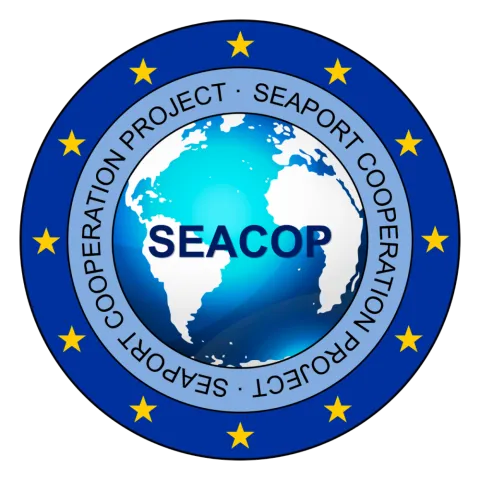
Continuity with previous actions
SEACOP VI is the sixth phase of the Seaport Cooperation Project, initially launched in 2010. SEACOP VI seeks to integrate, consolidate, and expand, the results achieved in the first five phases of the project.
While the previous SEACOP phases focused mostly on drug trafficking -specifically cocaine- this sixth phase aims to address transnational organised crime and related illicit trade more comprehensively. In line with the EU’s Strategy on Drugs 2021-2025, the project will prioritise international cooperation among authorities responsible for border security and combatting organised crime, with a focus on profiling and intelligence-sharing.
SEACOP VI will also explore new partnerships and new thematic areas such as environmental criminality and the associated trans-Atlantic illicit flows, and the development of sustainable regional training modules focused on trafficking.
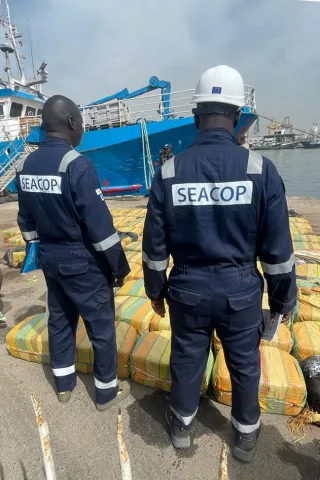
The EU Global Illicit Flows Programme
From source to destination, countries located along illicit trafficking routes often suffer harmful consequences that affect daily life. Fostering violence and corruption and undermining good governance, illicit trafficking jeopardises national security and economic prosperity, leads to public health problems and causes significant environmental damage.
That is why, in November 2019, the European Commission’s Directorate General for International Cooperation and Development launched the Global Illicit Flows Programme of the European Union (GIFP), an umbrella programme which supports the fight against organised crime on trans-regional illicit routes, be it in relation to narcotics and the movement of pre-cursor chemicals, illicit arms trafficking, wildlife crime, or illicit financial flows.
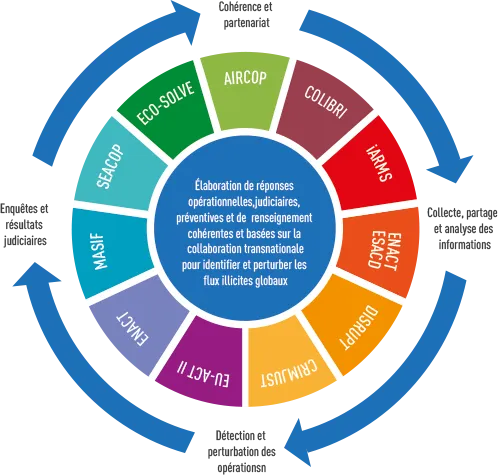
Within the framework of this programme, SEACOP VI works with authorities in Latin America, the Caribbean and West Africa, in close cooperation with EU agencies fighting transnational crime and ensuring border security.
The implementation of SEACOP VI is supported by the expertise of Maritime Analysis and Operation Centre - Narcotics - MAOC-(N), direction générale des douanes et droits indirects -DGDDI (France), National Crime Agency - NCA (UK), Policia Judiciaria (Portugal), Directorate for Security and Defense Cooperation - DCSD (France) and the European Border and Coast Guard Agency – FRONTEX
Learn more about SEACOP on the project’s website: https://illicitflows.eu/projects/seacop/
Follow the project on social media:
To Download
Similar Projects
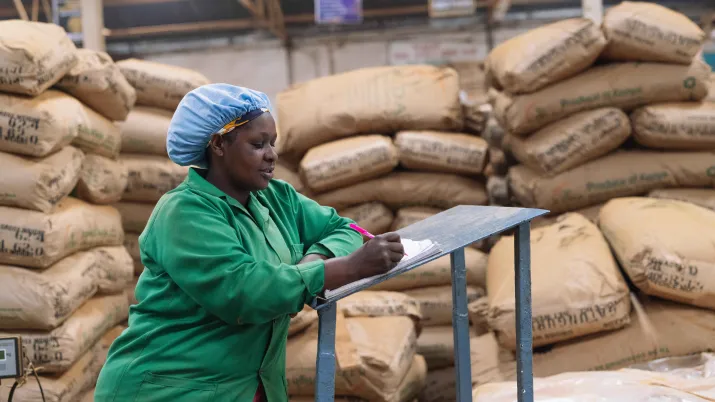
Pilot Project for the Redeployment of Decentralized Services, Enhancement of Social Cohesion and Early Recover...
Closed
2016 - 2019
Funders : European Union
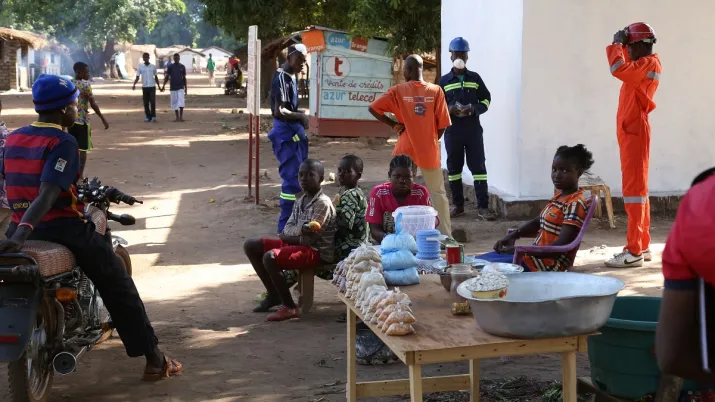
CRPG5 – Project to Support the Regional Coordination of the Implementation of the Police Component of the G5 S...
Closed
2017 - 2024
Funders : European Union
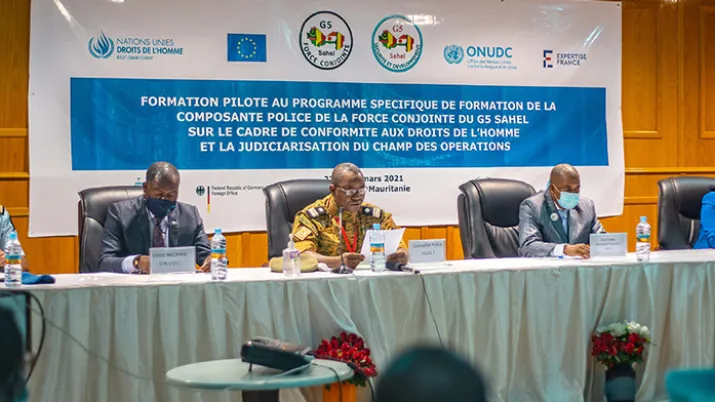
In the News
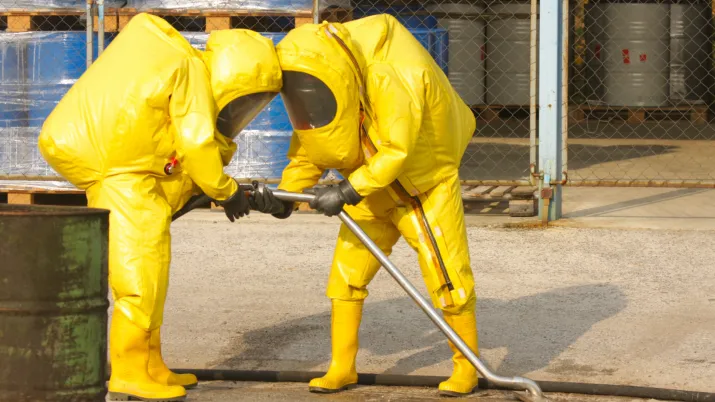
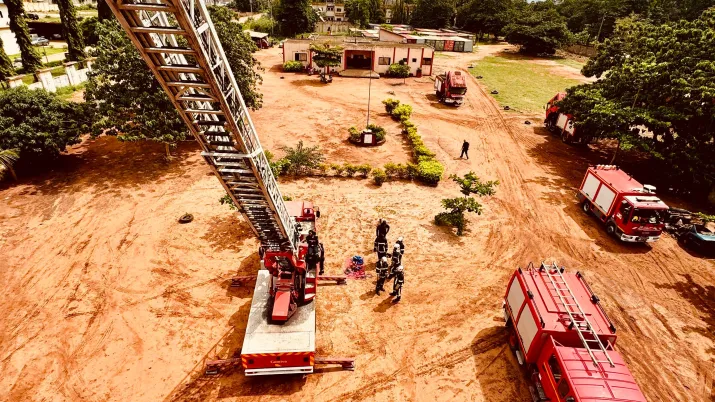
In Marseille, two events to strengthen the impact of European technical cooperation
Published on may 15 2024
